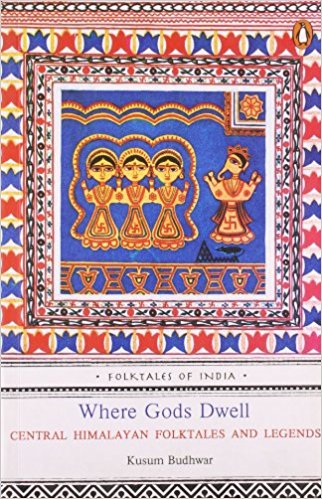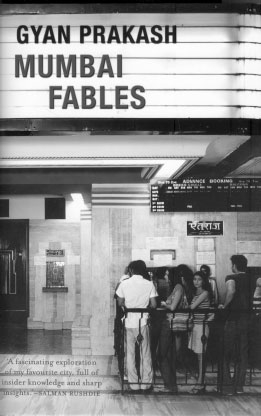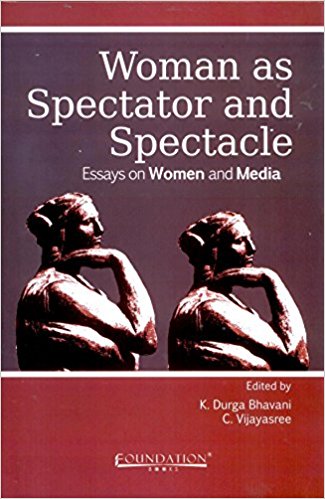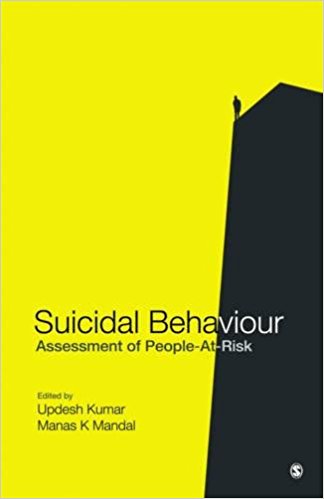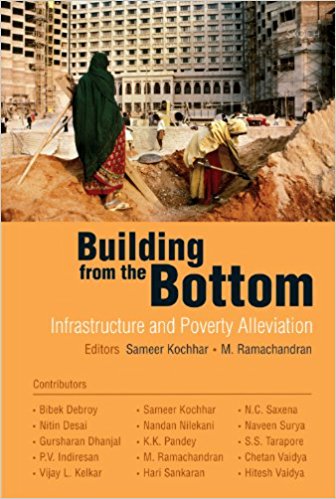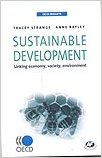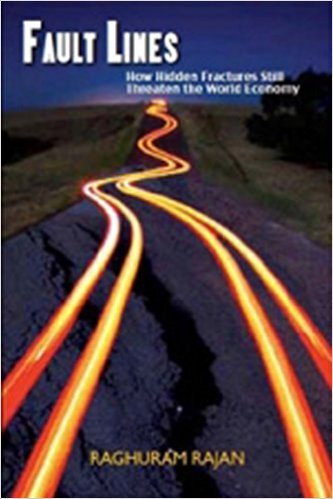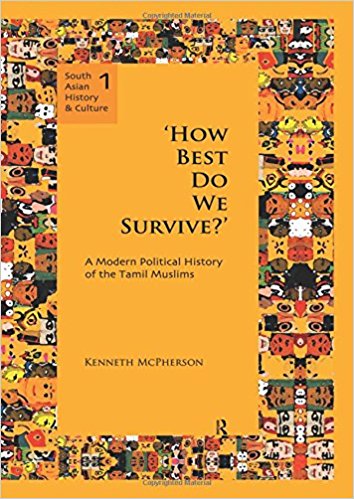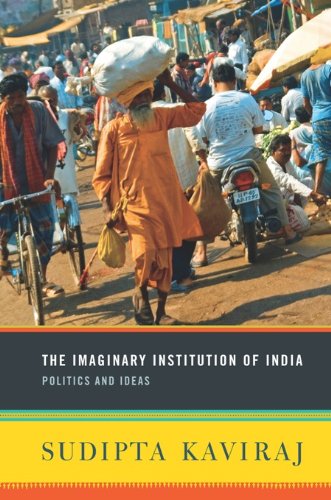Works of fiction often bear the charge of blasphemy, creating thereby a tenuous relationship between the art of narrative fiction and the fatwas issued against it. What this establishes beyond reasonable doubt, besides the threat to the authors life, is the fearful ability of art to mould, shape and influence the real and tangible world out there…
Archives
June 2011 . VOLUME 35, NUMBER 6Scholars now widely recognize that folk literature is a rich source of information on popular culture of a society. Systematic collection and publication of folktales and folklores in India began in the 19th century.
2011
In reviewing this third volume of the three volume collection of short stories, one is immediately stuck by the importance of writing about the interiority of the economic. This more than anything, and rightly so, is an aspect of life that finds a stream of expression across the stories. And why should not the economic be represented…
2011
Mumbai Fables by Gyan Prakash is as layered as the city it explores. Walter Benjamin mentions a collectors passion bordering on the chaos of memories. The collector for him was as much a part of as he was apart from the various texts that make memories. There have been several writers who have used the collector as a tool to understand modernity…
A collection of essays on a wide range of issues on women and media the book makes for an insightful reading and presents an interesting exposition of how media texts in both their fictional and non-fictional accounts are increasingly influenced by the often simultaneous but disconnected even opposed sets of forces including feminist influences…
The second edition of Listening to Women Talk about their Health: Issues and Evidence from India comes at an opportune time. The establishment of a womens agency, UN Women, in January 2011, the launch of the UN Secretary-Generals Global Strategy on Womens and Childrens Health in 2010, the Millennium Development Goals…
Suicide a perplexing yet important health hazard and social problem has drawn vast interest from medical psychological and sociological spheres for a long time. In this context the edited volume under review attempts a comprehensive overview and is an important contribution to the growing literature on suicide…
Policy failure arises from various sources; the chapters in this edited volume under review attribute current policy failure to either using improper science or not using proper science in the process of policy making. The major focus of the book is on integrating science and policy in an appropriate manner through a pluralistic approach…
I have released many books but this is different said Montek Singh Ahluwalia, Deputy Chairman of the Planning Commission at the book launch of Building from the Bottom: Infrastructure and Poverty Alleviation. Ahluwalia said that the book corrects the perception that infrastructure is for (urban) India and not for (rural) Bharat…
Environmental discourses have been ascendant around the world in the last thirty-odd years, and the concept of sustainable development has gained a key place within these since its enunciation by the report Our Common Future (also known as the Brundtland Commission Report) in 1987…
Raghuram Rajan is a significant figure in the international financial landscape and nowhere more so than in India. He is currently Professor at the University of Chicago in the US but he was also Chief Economist at the International Monetary Fund from September 2003 until January 2007. He was the head of a Committee on Financial…
I slam in South Asia is incredibly rich and diverse owing in part to the subcontinents multiple linguistic and cultural traditions. No doubt scholarly writings have appro-priately captured this variety and richness. But the macroscopic approach has often over-looked micro-level analyses that could uncover the inherent multifarious…
Sudipta Kavirajs brilliance as a political thinker, the front flap of the book claims, has remained something of a state secret for the fact that his publications are scattered in journals difficult to access. The Imaginary Institution of India, the first book in a trilogy of Kavirajs works, is thus a step towards dejournalizing Kaviraj…
Professor Lord Bhikhu Parekh, Padma Bhushan, is a British-Indian political philosopher, whose books on Bentham, Marx, Arendt, Gandhi, multiculturalism and the politics of identity have been very well received in the academic communityand justifiably so.


